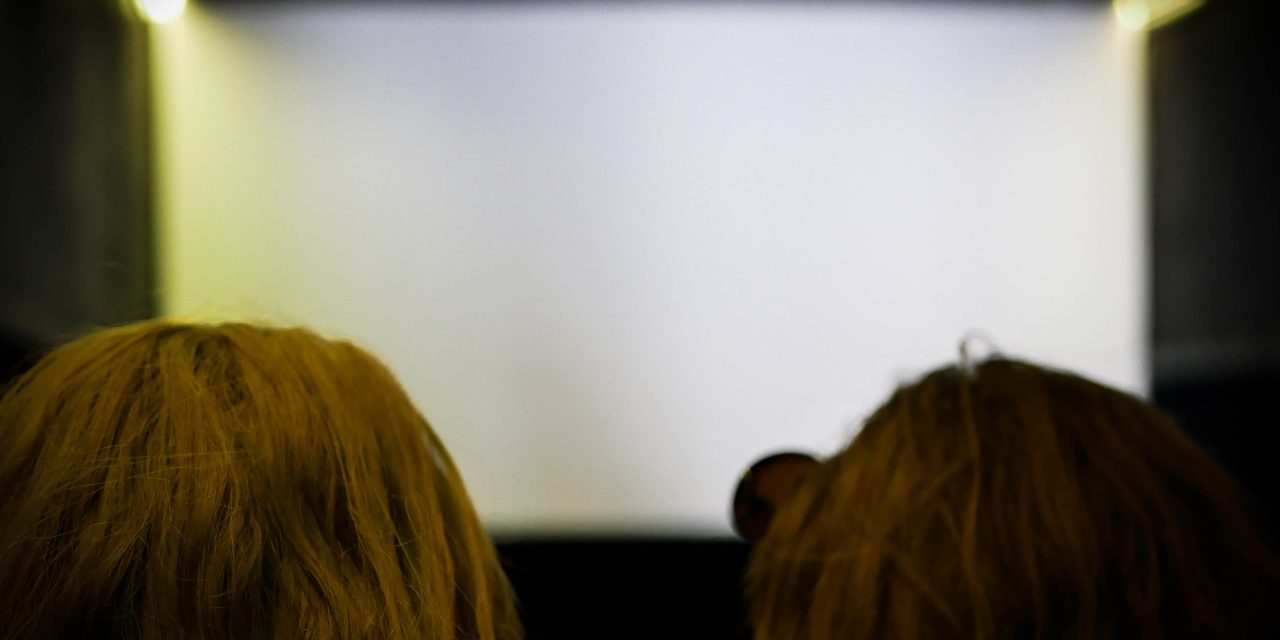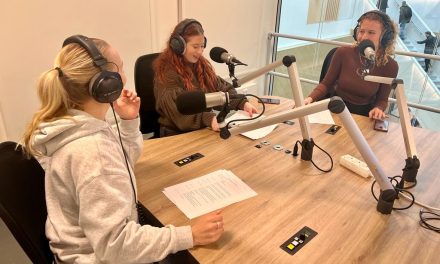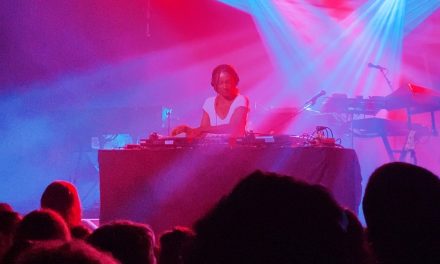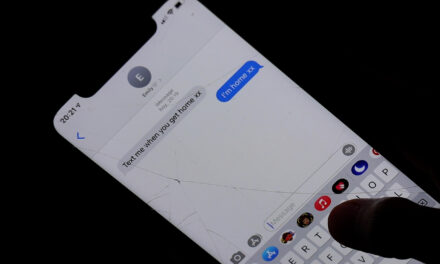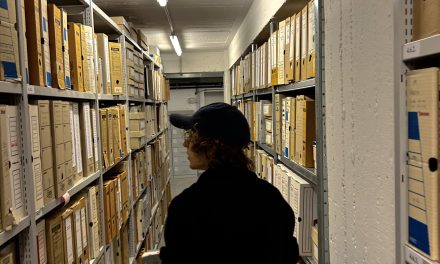Vienna is betting big on film, with tax rebates, new studios, and boutique festivals, but can it compete with Europe’s cinematic powerhouses while staying true to its indie roots?
Incentives and Investments
Vienna’s strategic push to attract international productions gained momentum in 2022 with the launch of the Vienna Film Incentive, offering up to 30% reimbursement on eligible costs for film and TV projects. This initiative, part of a broader effort to position Vienna as a “film-friendly city,” has already drawn interest from major studios, including Netflix’s The Recruit and Guy Ritchie’s Fountain of Youth, which filmed in iconic locations like the National Library and Heldenplatz
The city complements financial incentives with infrastructure investments, notably the HQ7 Studios, a state-of-the-art facility under development. Slated to open in 2024, it will feature soundstages spanning 3,300 square meters, catering to large-scale productions. Austria’s FISA Plus program further amplifies appeal, with rebates up to 55% for projects meeting green filming criteria, a unique offering in Europe.
Production Support and Talent Development
The Vienna Film Commission streamlines logistics, assisting with permits, location scouting, and municipal coordination. This “one-stop shop” approach reduces bureaucratic hurdles, a key advantage over larger hubs like Berlin or Prague
Local filmmakers are also being included in the strategy. The EncourageFilmTalents program, originally launched in Berlin, has recently expanded into Vienna. The initiative connects emerging filmmakers with producers and festival programmers through events, pitch formats, and mentoring. While most of its funding still comes from Germany, the Vienna extension shows that there is demand among Austrian filmmakers for more development opportunities.
Veronika Franz and Severin Fiala, from the EncourageFilmTalents team, say that consistent support throughout the year is still missing. “There are talented filmmakers who are not part of the usual film school system,” Fiala said in an interview. “They need alternative ways to access the industry.”
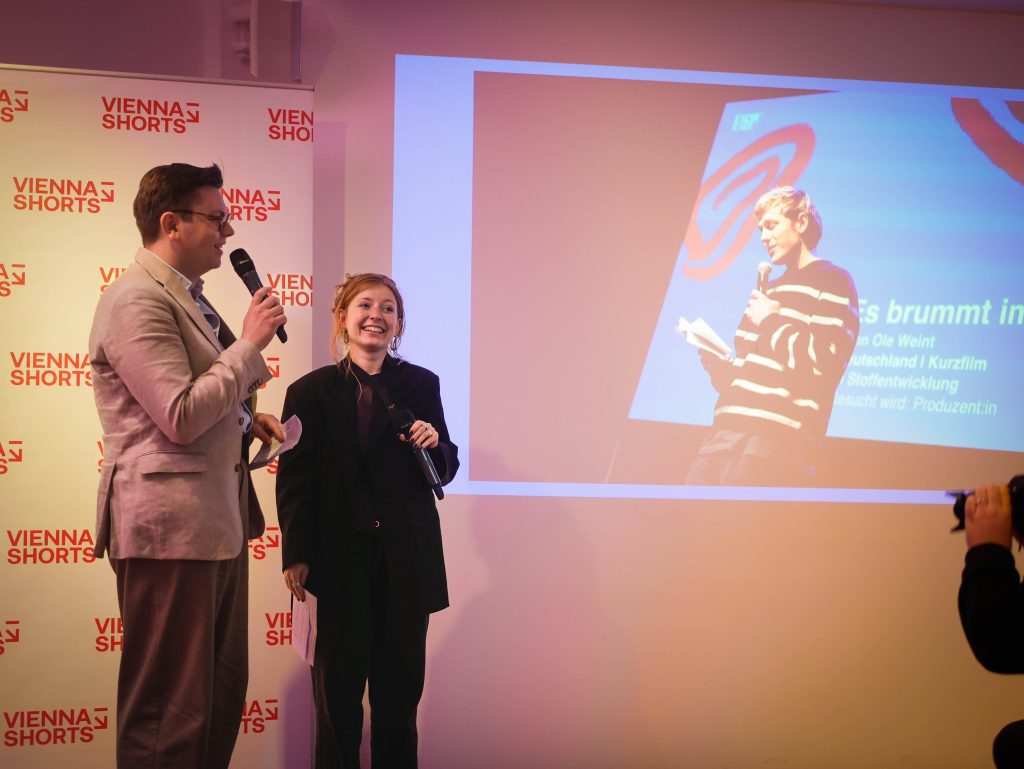
Comparing the European Context
Vienna is not the only city offering incentives to film producers. Other European cities have developed similar policies and host significantly larger media sectors. Here is a comparison of four major film hubs in Europe:While Vienna’s sector is smaller, local officials argue that its strengths lie in accessibility, location diversity, and lower administrative hurdles. The city is not trying to compete on size, but rather to attract a steady flow of international and regional productions.
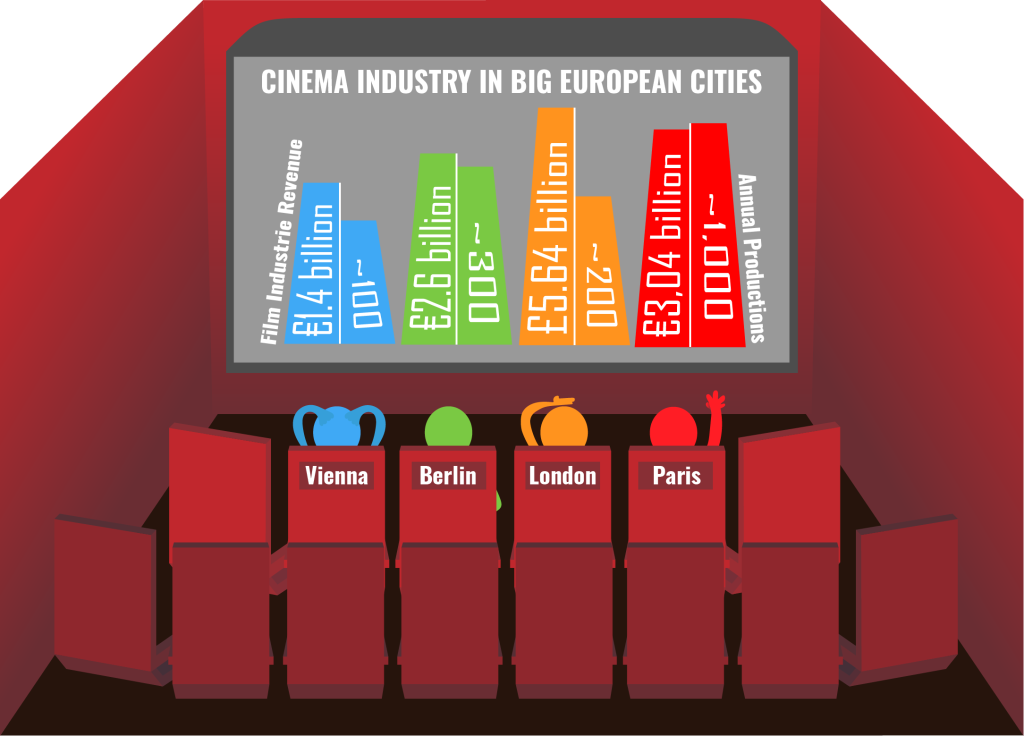
Sources
The Vienna Shorts Festival
Vienna’s film culture extends beyond production incentives, with festivals playing a key role in showcasing both local and international talent. Among these, the Vienna Shorts Festival stands out as Austria’s first and largest dedicated short film event. Held annually in late May or early June, the festival screens around 300 films under 30 minutes, spanning genres like fiction, documentary, animation, and experimental works.
Since its inception in 2004, the festival has grown into a vital platform for unconventional storytelling, with its 2025 edition featuring 374 films from 60 countries, including bold thematic explorations like “Radical Intimacy”—a focus on solidarity and political resistance through cinematic closeness. The festival’s competitive sections, such as Fiction & Documentary (FIDO) and Animation Avantgarde (AA), highlight boundary-pushing works like Skin on Skin (a German experimental short) and The Garden of Electric Delights (an Austrian animated feature), underscoring its commitment to diverse narratives.
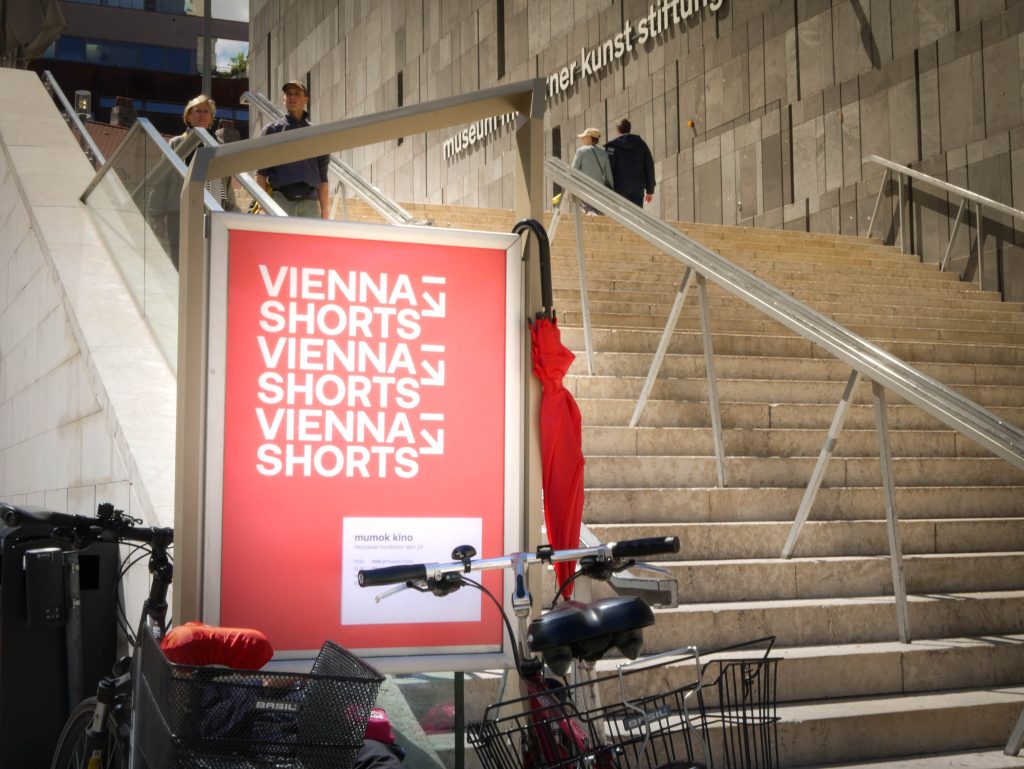
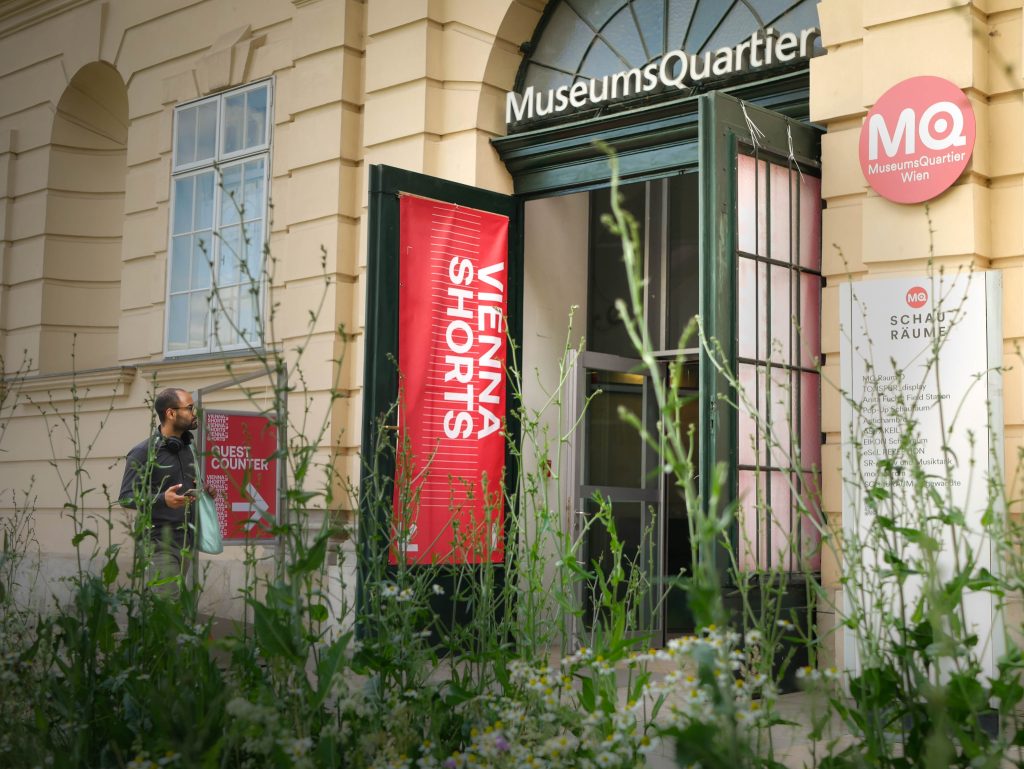
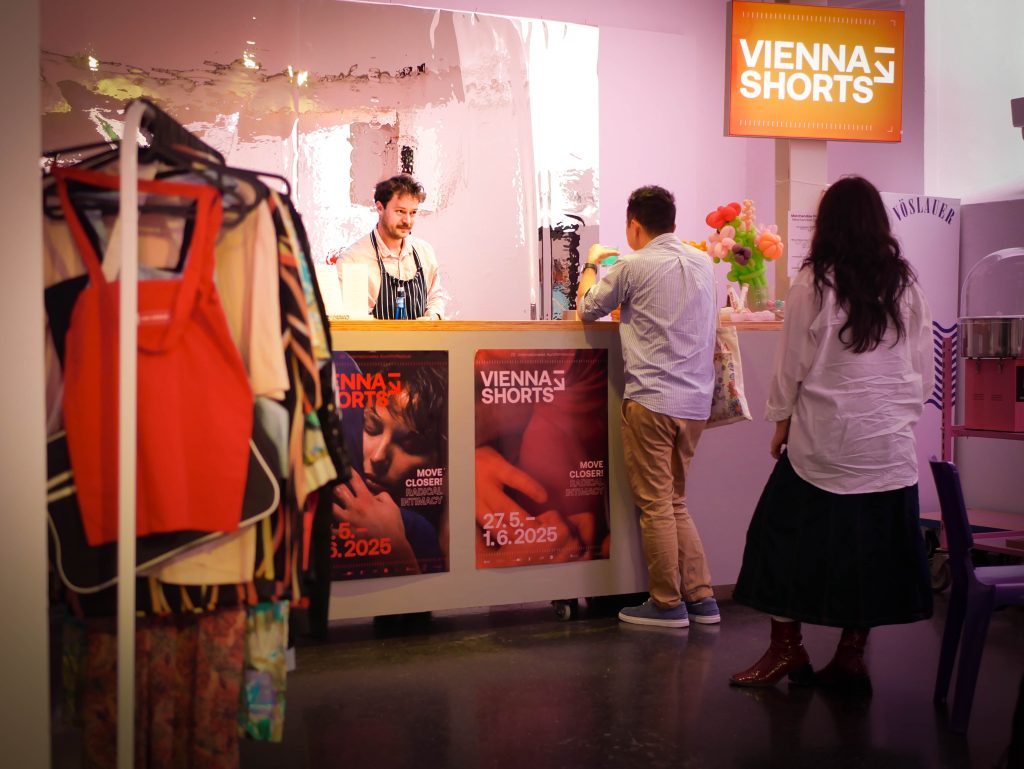
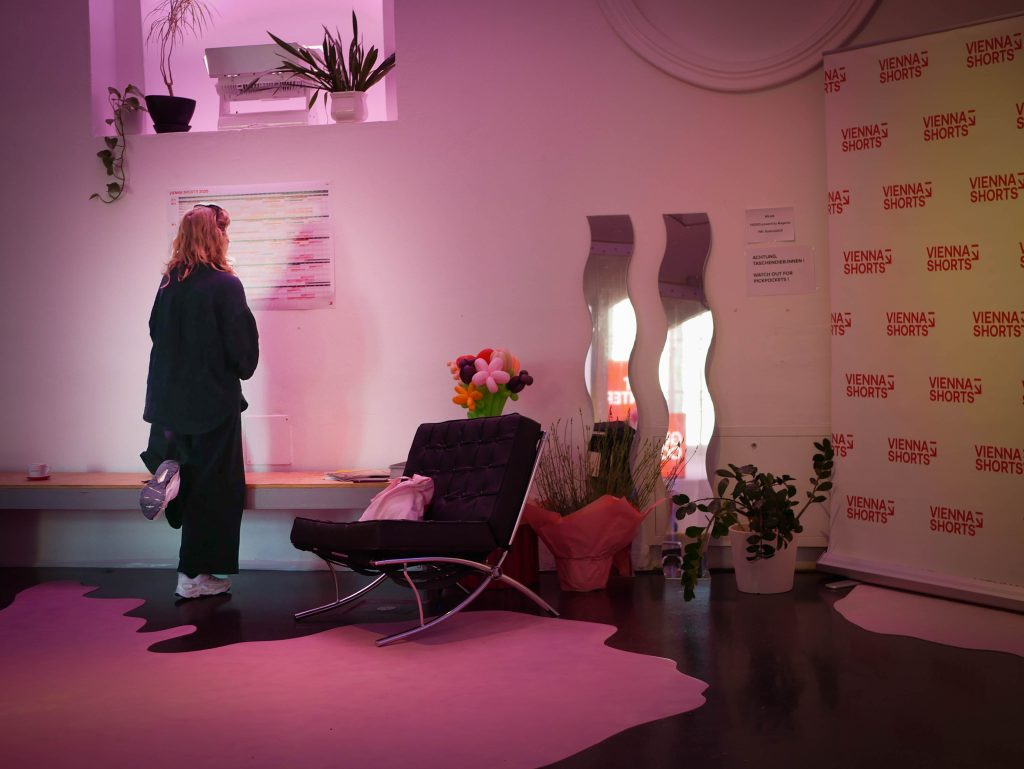
Despite its prestige as a qualifying festival for the Oscars, European Film Awards, and BAFTAs, the Vienna Shorts Festival remains relatively small compared to global counterparts. With a budget of approximately €25,000 in prize money and screenings across intimate venues like the Gartenbaukino and MuseumsQuartier, it prioritizes curated quality over scale. The festival’s 2025 edition, themed “Move Closer! Radical Intimacy,” emphasized community and political dialogue, reflecting Vienna’s broader cultural philosophy.
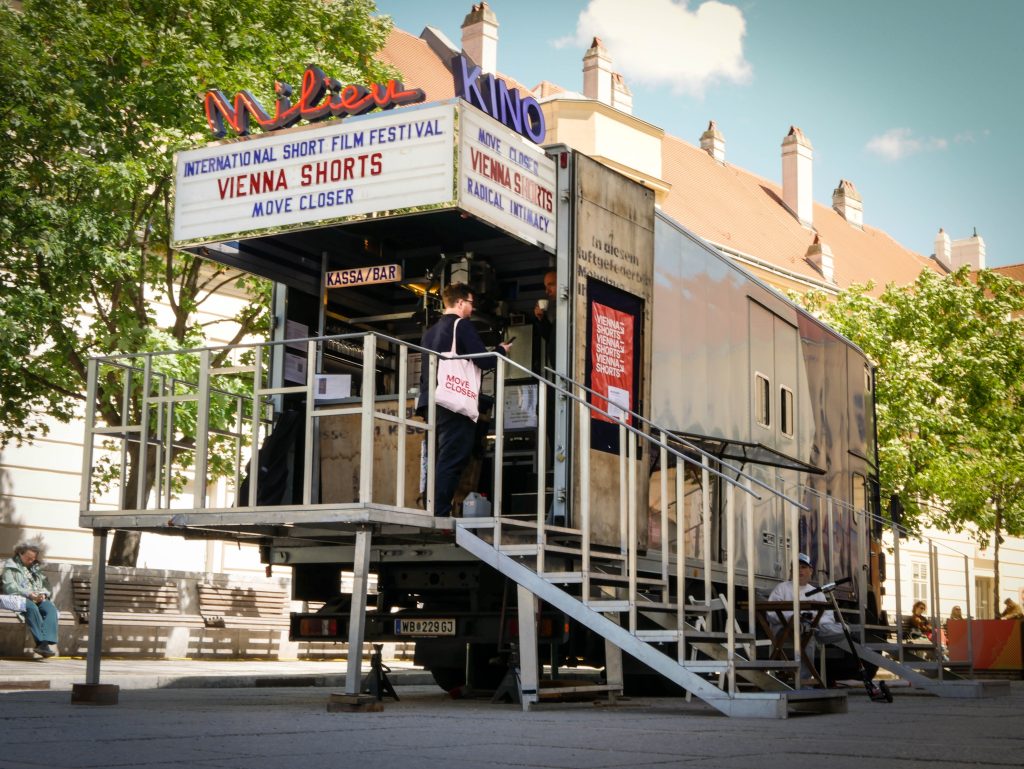
However, its niche focus limits its reach. While the festival attracts industry professionals and offers networking opportunities, its audience is primarily local, and its influence pales next to larger European short film events like Clermont-Ferrand. Yet, this intimacy is also a strength: filmmakers appreciate its focus on “fair and transparent” practices and its commitment to ecological sustainability
What is the current status?
Vienna’s film industry stands at a crossroads of opportunity and challenge. On one hand, the city has solidified its reputation as a competitive European filming hub, thanks to financial incentives (up to 55% rebates via FISA Plus for green productions). cutting-edge infrastructure like HQ7 Studios, and streamlined logistics through the Vienna Film Commission. High-profile shoots like The Regime (HBO) and Fountain of Youth (Guy Ritchie) underscore this momentum, generating €465 million in economic impact since 2023
Yet gaps persist. Local filmmakers still grapple with underfunded development pipelines, particularly in scriptwriting and distribution. Festivals like the Viennale (93,000 attendees) and Vienna Shorts showcase cultural clout but remain niche compared to Cannes or Berlinale 37. Meanwhile, the Rathausplatz Film Festival, drawing 700,000 visitors for music films, demonstrates Vienna’s ability to merge cinema with mass appeal, though its focus on concerts limits its industry influence.
The road ahead hinges on balancing growth with authenticity. Can Vienna leverage its historic charm and boutique festivals to carve a sustainable niche? Or will it prioritize scaling up to rival Berlin or Prague? With initiatives like the EncourageFilmTalents mentorship and the Vienna Independent Film Festival (celebrating “auteur cinema” over budgets).
